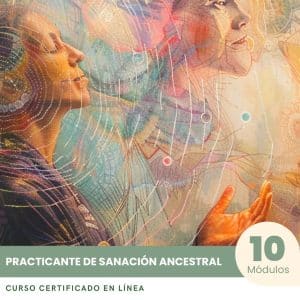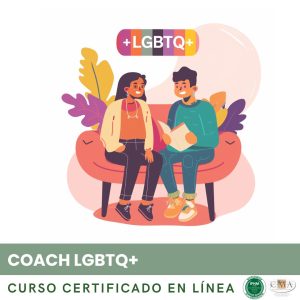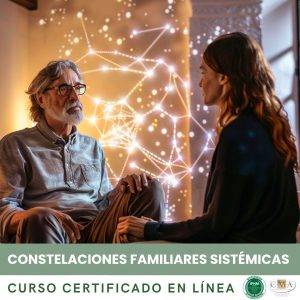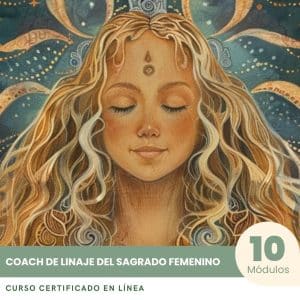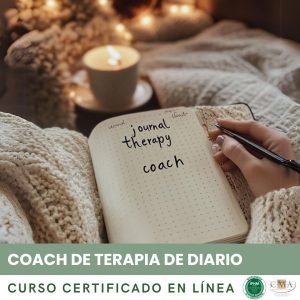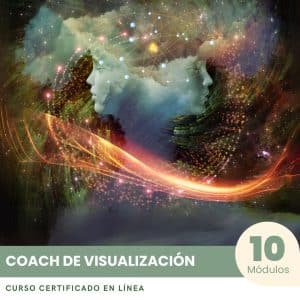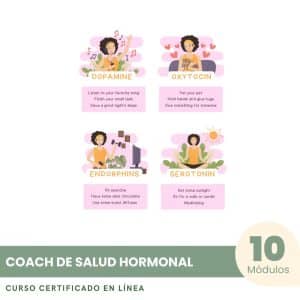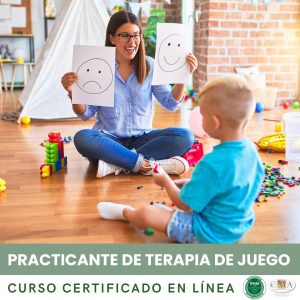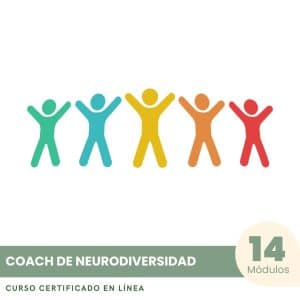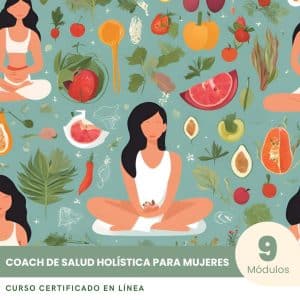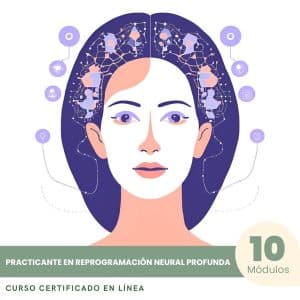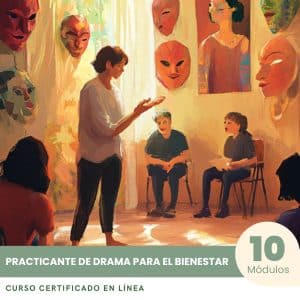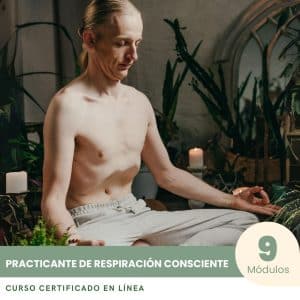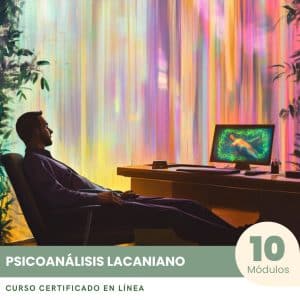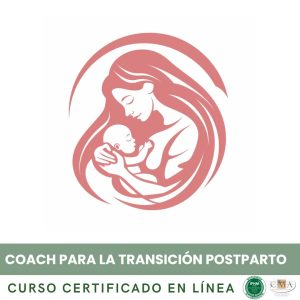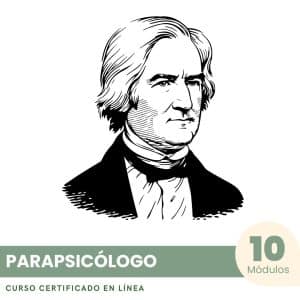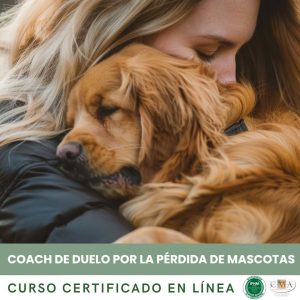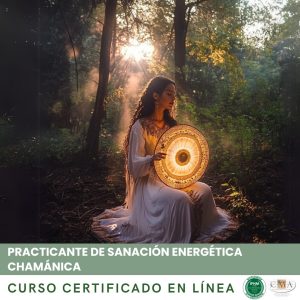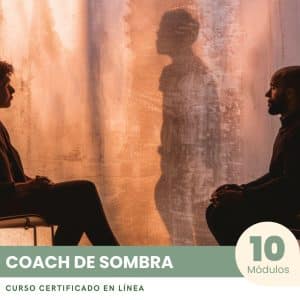3.9 – Ikigai and Lifelong Learning
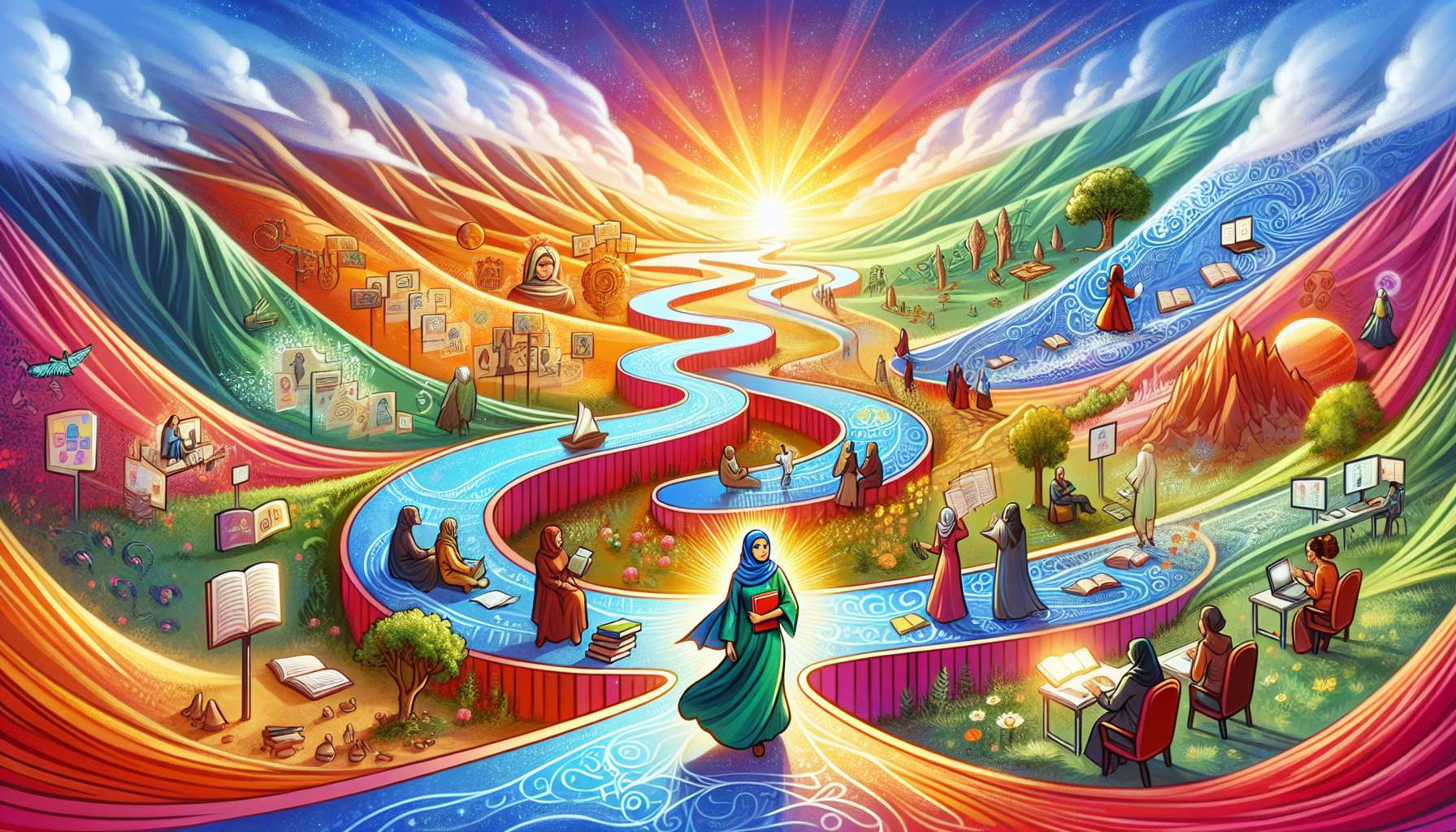
Ikigai and lifelong learning are intimately linked, as they feed each other in a virtuous spiral of growth and fulfillment. Finding one’s Ikigai is discovering one’s purpose, what deeply moves us and gives meaning to our existence. It is also cultivating an insatiable thirst for learning, exploring, and surpassing oneself, to become the best version of oneself.
Lifelong learning is an attitude, a philosophy, and a practice that involves embracing change, nourishing curiosity, and continuously developing one’s knowledge and skills. Whether through formal training, life experiences, inspiring encounters, or personal projects, lifelong learning allows us to adapt to world changes, rise to new challenges and fully thrive. It invites us to step out of our comfort zone, challenge our certainties, and explore new horizons.
Cultivating one’s Ikigai, therefore, also means adopting a lifelong learner’s stance, being open, curious, and proactive in our quest for knowledge. It’s about asking questions, seeking answers, and making connections between different areas of life. It’s also about learning to learn, by developing effective strategies to acquire, memorize, and apply new information.
For instance, a nurse who finds her Ikigai in palliative care and decides to follow hypnosis training to better accompany her end-of-life patients. By integrating this new skill into her practice, she discovers a deeper and more human way of performing her job, and feels more fulfilled and useful. Empowered by this positive experience, she develops an insatiable thirst for learning, and multiplies training and readings to continue progressing in her Ikigai.
Ikigai acts as a learning engine, giving us direction, motivation, and meaning to our knowledge acquisition efforts. When we are engaged in activities that resonate with our values, passions, and talents, we naturally want to know more, improve ourselves, and take on new challenges. Learning then becomes a pleasure, a source of satisfaction and pride, rather than a constraint or an obligation.
Learning aligned with our Ikigai provides us with numerous benefits, both personally and professionally and socially. On a personal level, it strengthens our self-confidence, adaptability, and sense of accomplishment. It allows us to develop our potential, broaden our worldview, and feel alive and committed. It also teaches us to embrace change, overcome obstacles, and bounce back from failures.
Professionally, continuous learning is a major asset in a constantly changing work world, where skills quickly become obsolete. Whether a businessman, craftsman, or employee, cultivating one’s employability allows one to remain competitive, seize new opportunities, and create value for ourselves and others. It also encourages innovation, collaborative work, and knowledge sharing within organizations.
On the social level, lifelong learning is a lever for social, cultural, and economic progress. When used in service of causes that are important to us, it becomes a powerful engine of positive transformation, giving us the keys to understanding complex world issues and taking enlightened actions. It pushes us to question our prejudices, open ourselves to diversity, and commit to a better future.
Cultivating one’s student Ikigai requires curiosity, humility, and perseverance. It’s accepting not knowing everything, challenging oneself, and venturing off the beaten path. It’s also about managing one’s time and energy strategically, prioritizing the most meaningful and valuable learning. Finally, it’s about surrounding oneself with inspiring people who nourish our thirst for knowledge and encourage us to surpass ourselves.
Finding one’s Ikigai in learning, therefore, means making one’s life an exciting journey, rich in discoveries, encounters, and transformations. It’s becoming the explorer of one’s own existence, in search of meaning, beauty, and wisdom. It’s embracing the mystery and impermanence of the world, cultivating the wonder and joy of learning at every moment. By nurturing our student Ikigai, we become students of life, knowledge passers, and awakeners of consciousness.
Takeaways:
– Ikigai and lifelong learning are closely linked and mutually nourishing in a virtuous spiral of growth and fulfillment.
– Finding one’s Ikigai means discovering one’s purpose and cultivating an insatiable thirst for learning in order to become the best version of oneself.
– Lifelong learning allows one to adapt to world changes, rise to new challenges, and fully thrive through training, life experiences, encounters, and personal projects.
– Cultivating one’s Ikigai involves adopting a lifelong learner’s stance, being open, curious, and proactive in our quest for knowledge.
– Ikigai acts as a learning engine by giving direction, motivation, and meaningfulness to efforts of knowledge acquisition.
– Learning aligned with Ikigai brings numerous benefits on a personal (self-confidence, adaptability, sense of accomplishment), professional (employability, innovation, teamwork) and societal level (social, cultural, and economic progress).
– Cultivating one’s learning Ikigai requires curiosity, humility, perseverance, and strategic management of time and energy.
– Finding one’s Ikigai in learning means making one’s life an exciting journey, rich in discoveries, encounters, and transformations, by becoming the explorer of one’s own existence.
👉 To download docx (Editable) file click here : Click here
👉 To download PDF file click here : Click here
👉 To download MP3 file click here : Click here
